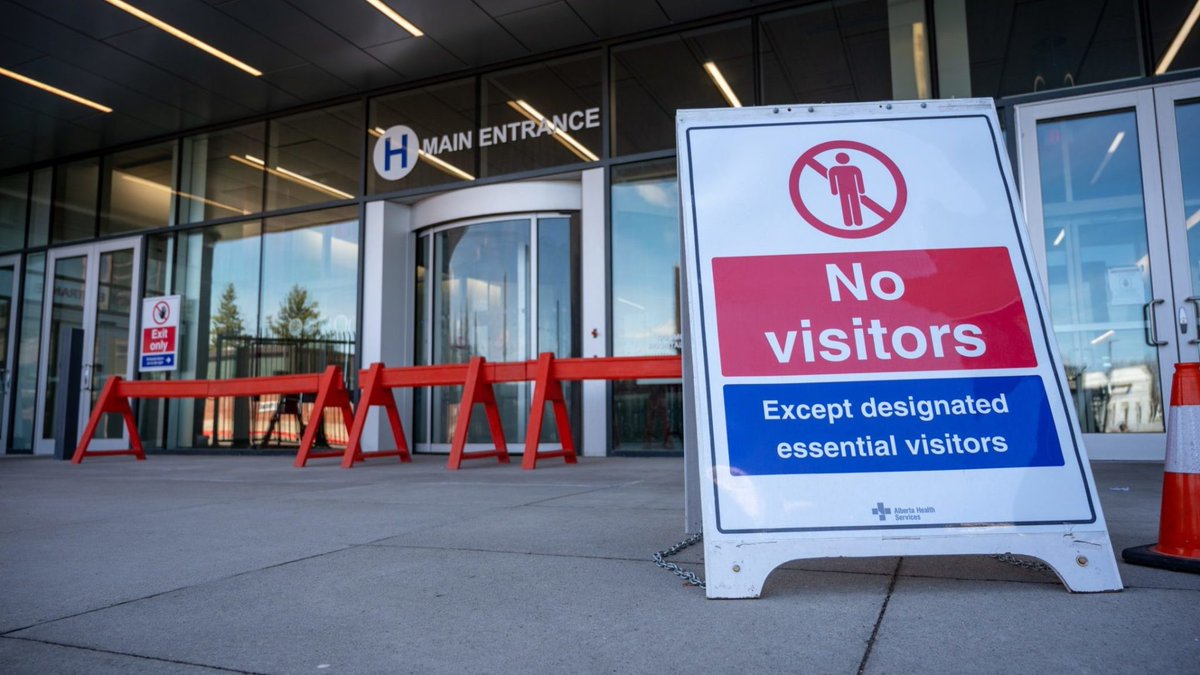1/
atsjournals.org/doi/abs/10.116…
Our work builds on today's important @washingtonpost op-ed by @RanaAwdish and @WesElyMD
washingtonpost.com/outlook/2020/0…
As #COVID19 infections spiked in #Michigan, public health restrictions were put into place to keep patients, families, and health care staff safe.
As a result, visitors were no longer allowed at @umichmedicine

My first day in our #COVID19 ICU was one of my toughest. Visitors weren't allowed but exceptions were made for patients at the end of life. My patient was dying, and we asked his daughter to come in.
She declined - she was scared that she might catch COVID
Her only request was that someone be with her dad when he died. We held up an iPhone through the window so she could watch her dad die
Experiences like these motivated our study - we wanted to understand how ICUs balanced this tension - engaging family members in ICU care while also preventing #COVID19 infections.
We surveyed 49 of 85 Michigan hospitals with ICUs at the height of April's pandemic wave
As additional spikes in #COVID19 occur around the country, we should consider some questions:
First, did restricting visitation prevent infections? If so, what’s the best strategy to implement it? If not, why are we still doing it? Might there be alternatives?
Second, what impact might restricted visitation have on patients, families, and health care staff?
For #COVID19 patients - they seemed to receive more sedation and had higher rates of delirium - might having family nearby helped?
For families - we know they already suffer from grave emotional distress (@EmilyAHarlan)
journal.chestnet.org/article/S0012-…
But how did families cope with having a loved one in the ICU and not being prevented from being near them?
Making medical decisions for a loved one is already hard - how does a family member make life or death decisions for their loved one when they can’t even see them?
For health care staff, how does not having family at the bedside impact us as clinicians? Does it increase the moral distress that was well-described during #COVID19 ?
bmj.com/content/368/bm…
We must consider the importance of restricted visitation and its potential impact.
We must also ensure these policies (and their exceptions - particularly when they're vaguely defined - like "end of life") are transparent and applied equitably.
/ End




